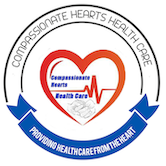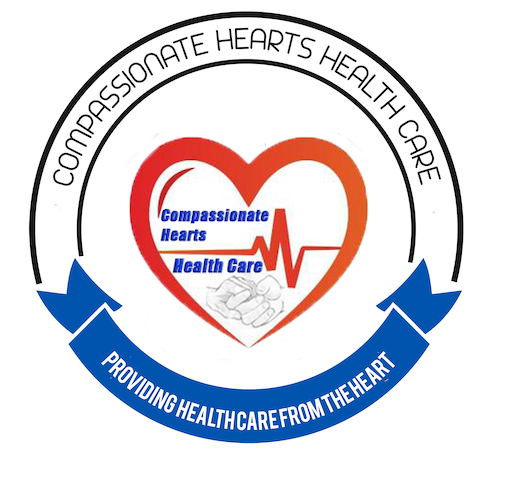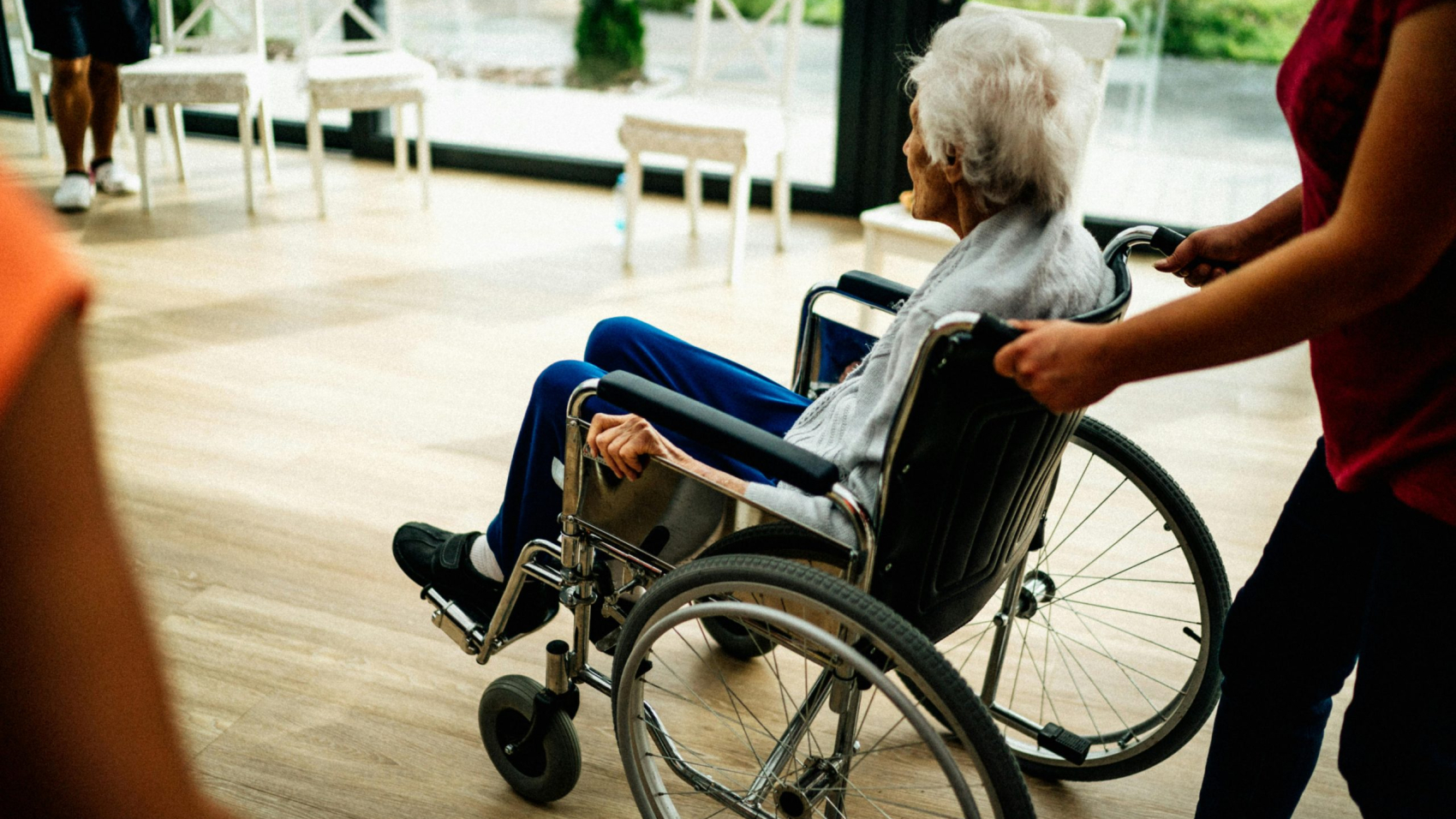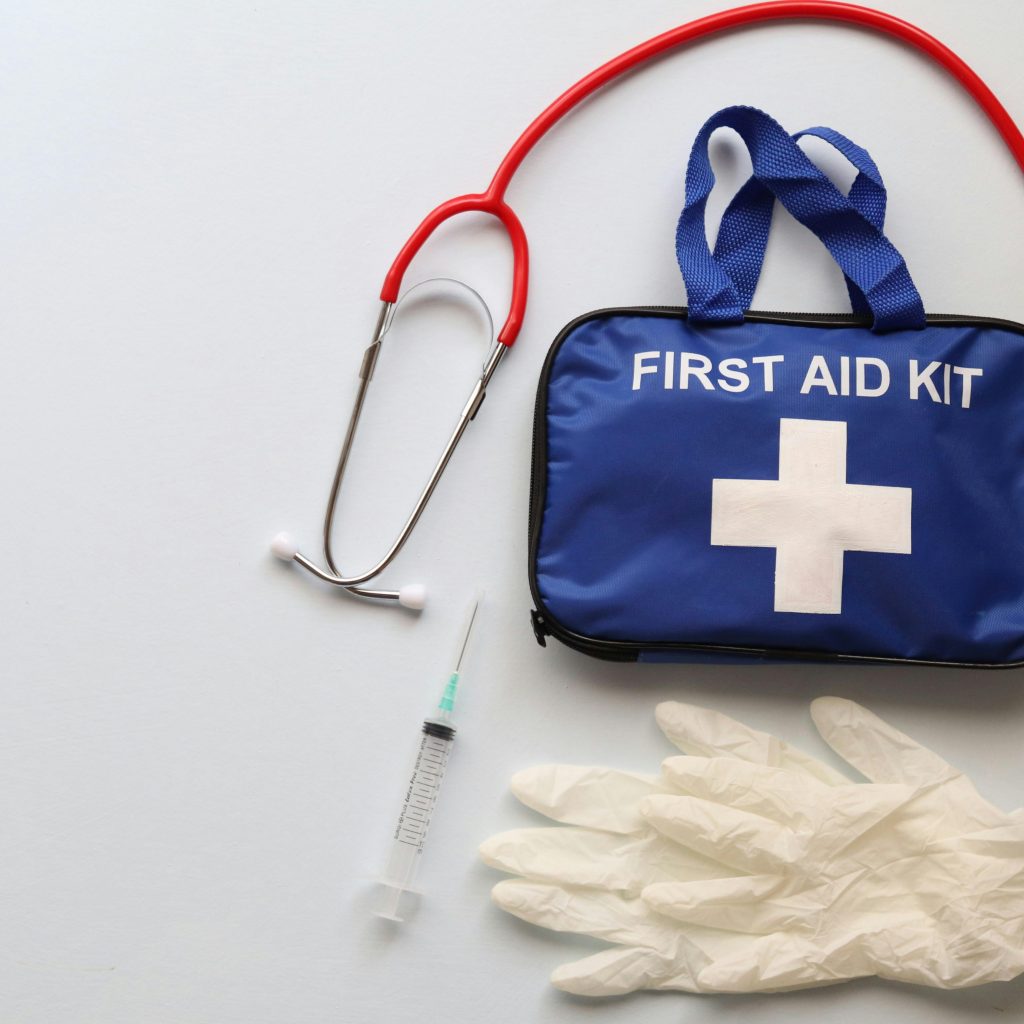Choosing Maryland home health care is a decision that often comes during moments of transition, uncertainty, or long-term planning. For families navigating changing health needs, having clear information and dependable guidance helps ensure care choices feel thoughtful, supportive, and aligned with personal values. At Compassionate Hearts Health Care, our role is to help families understand their options while providing care rooted in consistency, respect, and compassion.
As more families explore care at home, understanding how support is structured—and what distinguishes reliable providers—becomes increasingly important. Quality care is not defined by services alone, but by how well support adapts to the individual, preserves independence, and evolves over time.
Understanding How Home-Based Care Supports Daily Living
Maryland home health care allows individuals to receive professional support while remaining in the comfort of their own homes. This approach is especially valuable for those recovering from illness, managing ongoing conditions, or needing assistance with daily routines while maintaining familiar surroundings.
Rather than following a rigid structure, effective care prioritizes flexibility. Plans are designed to reflect changing needs, preferences, and schedules, allowing individuals to continue daily life with confidence and dignity. An overview of how we approach individualized support can be found on our Services page, where we outline how care adapts at different stages of need.
Many families choose Maryland home health care because it bridges the gap between independence and necessary assistance, reducing disruption while promoting stability.
Why Families Turn to Home Health Care in Maryland
Families often begin exploring care options after a hospital discharge, new diagnosis, or noticeable changes in mobility or routine. Planning ahead allows decisions to be made thoughtfully rather than under pressure.
Home Health Care in Maryland helps families:
- Set realistic expectations for support
- Coordinate care alongside medical providers
- Reduce stress during periods of transition
- Maintain consistency in daily routines
When planning happens early, individuals and families are better positioned for long-term well-being.
What Defines Quality Care at Home
Not all providers approach care the same way. Quality Maryland home health care is built on structure, accountability, and communication.
Thoughtful Care Planning
Care begins with understanding the individual. Plans should reflect physical needs, daily routines, and personal preferences while remaining adaptable as circumstances change.
Ongoing Oversight
Dependable providers ensure caregivers are supported through supervision, training, and clear expectations, creating consistency and reliability for clients and families.
Respect for Independence
Effective care supports individuals without removing autonomy. Encouraging participation in daily decisions helps preserve confidence and dignity.
When these elements are in place, care feels supportive rather than intrusive.
The Role of In-Home Support
In-home care extends beyond medical assistance. It supports the everyday activities that allow individuals to remain engaged in their lives.
This often includes:
- Assistance with personal routines
- Support with mobility and safety
- Medication reminders
- Companionship and engagement
- Light household support
By addressing both practical and emotional needs, Maryland home health care helps individuals remain active participants in their own routines.
How Consistency Strengthens Long-Term Well-Being
Consistency plays a meaningful role in care outcomes. Familiar caregivers, predictable schedules, and stable environments help reduce anxiety and promote trust.
Over time, consistent Maryland home health care can:
- Support emotional stability
- Encourage cognitive engagement
- Improve daily functioning
- Strengthen caregiver relationships
For many families, care becomes a long-term partnership rather than a short-term solution.
Communication as a Cornerstone of Care
Clear communication ensures care remains aligned with evolving needs. Families should feel informed, involved, and confident in the support being provided.
Strong providers prioritize:
- Regular updates
- Clear documentation
- Collaboration with healthcare professionals
- Responsiveness to questions or concerns
This transparency helps families stay engaged without feeling overwhelmed.
Supporting the Entire Family
Care affects more than the individual receiving support. Family members often experience emotional and physical strain while balancing responsibilities.
Home health care services in Maryland provide professional support that allows families to focus on connection rather than constant coordination. This balance helps sustain healthy family dynamics over time.
The Value of Local Experience
Providers with local experience understand regional healthcare systems, community resources, and cultural considerations. This familiarity allows care to be delivered with greater awareness and coordination.
At Compassionate Hearts Health Care, our commitment to Maryland families is grounded in accountability, respect, and consistency. To learn more about who we are and how our values guide care, families can visit our About page.
Moving Forward With Maryland Home Health Care
Choosing Maryland home health care is an important step, and families deserve guidance they can trust. Whether planning for future needs or responding to immediate changes, having a knowledgeable and compassionate partner makes the process clearer and more manageable.
For additional insight and ongoing guidance, families can explore resources on our Blog. When you’re ready to discuss care options or ask questions, we invite you to Contact Us to begin a thoughtful, informed conversation with our team.



















